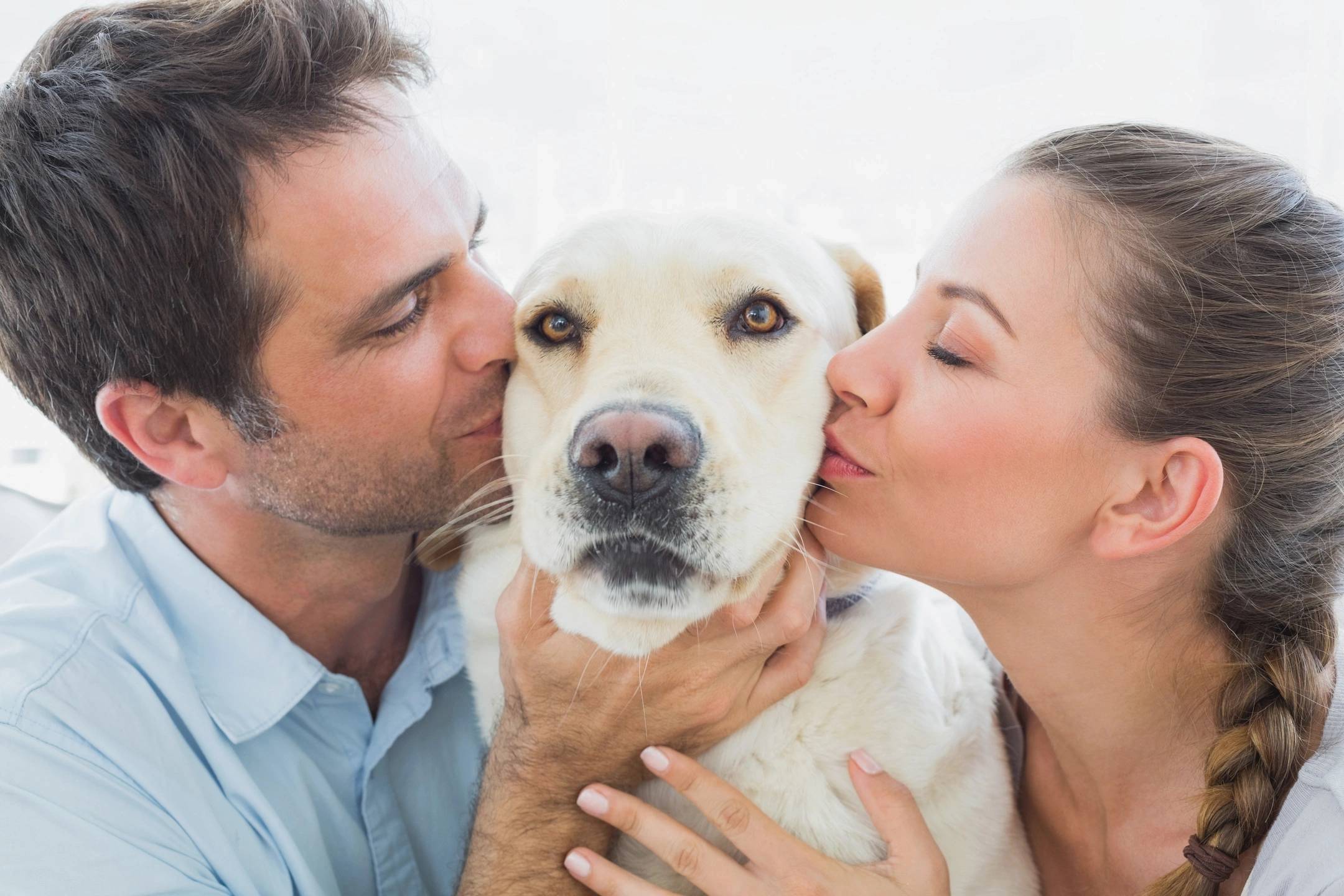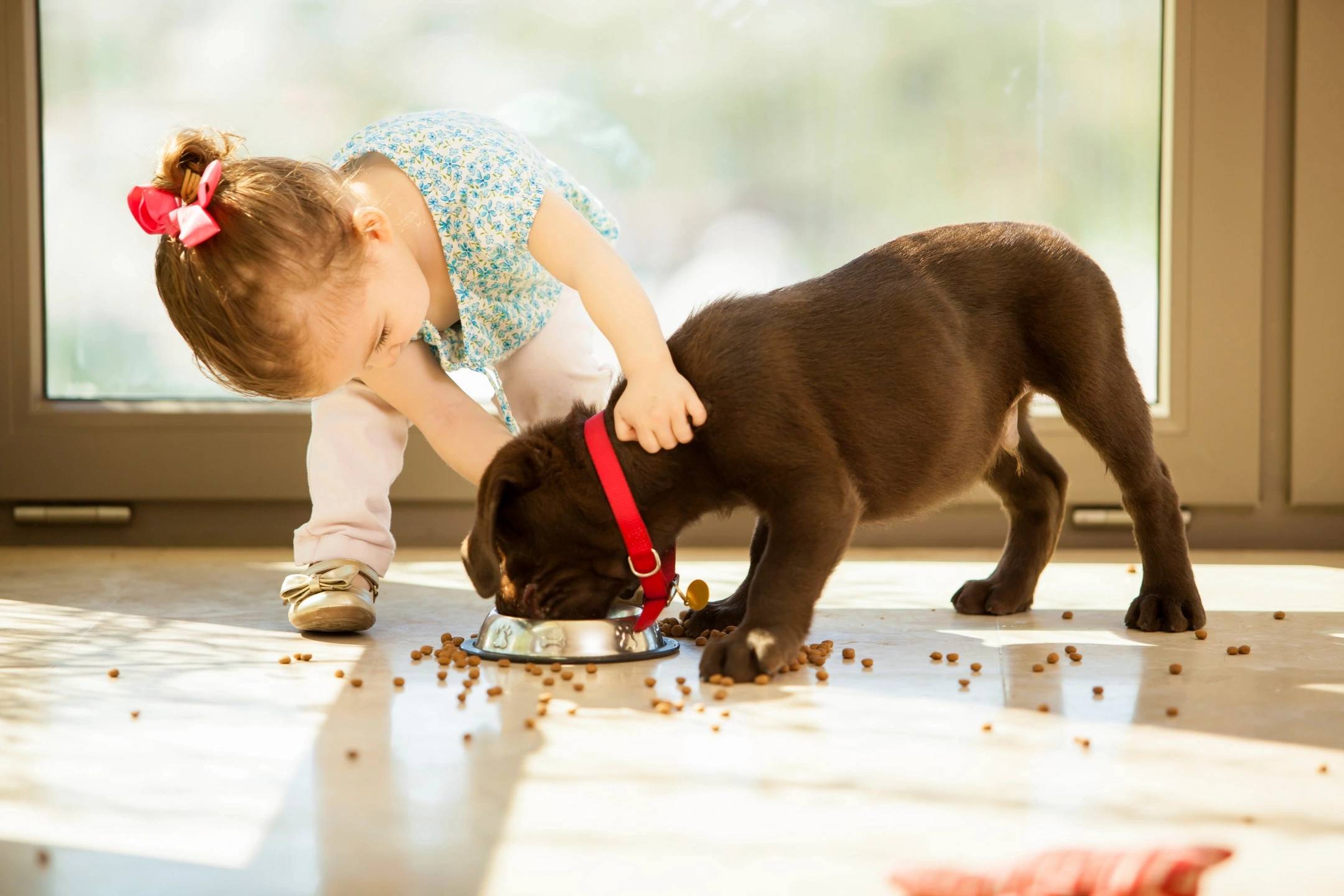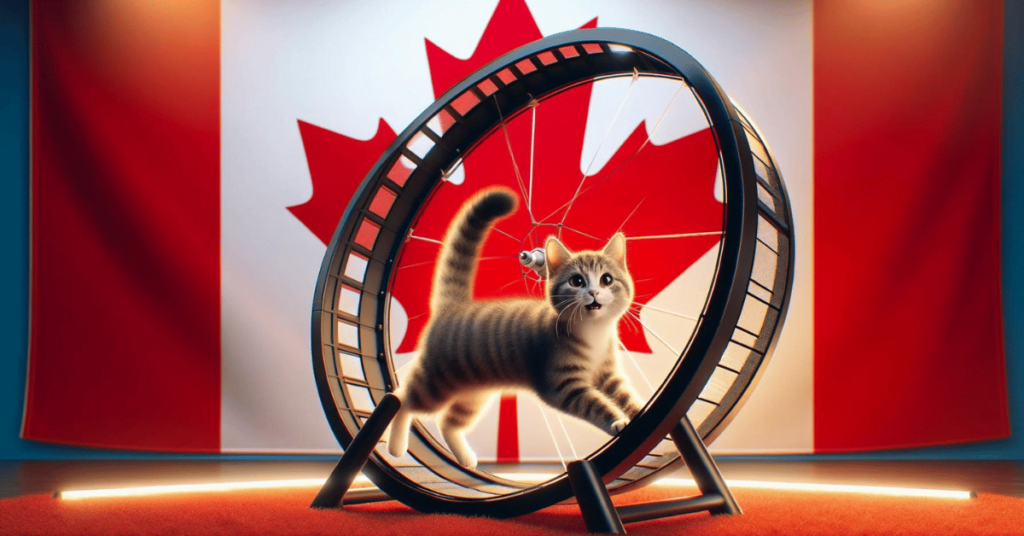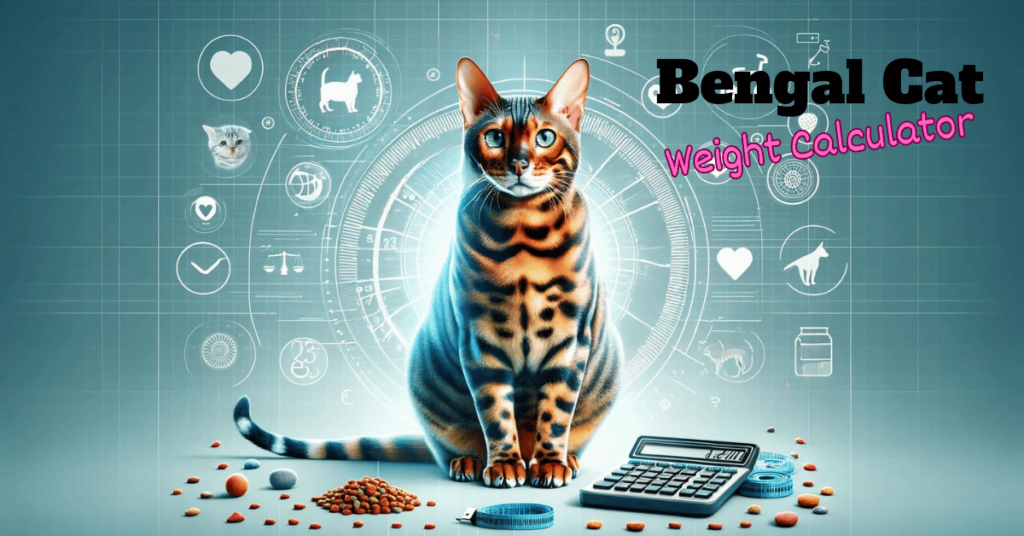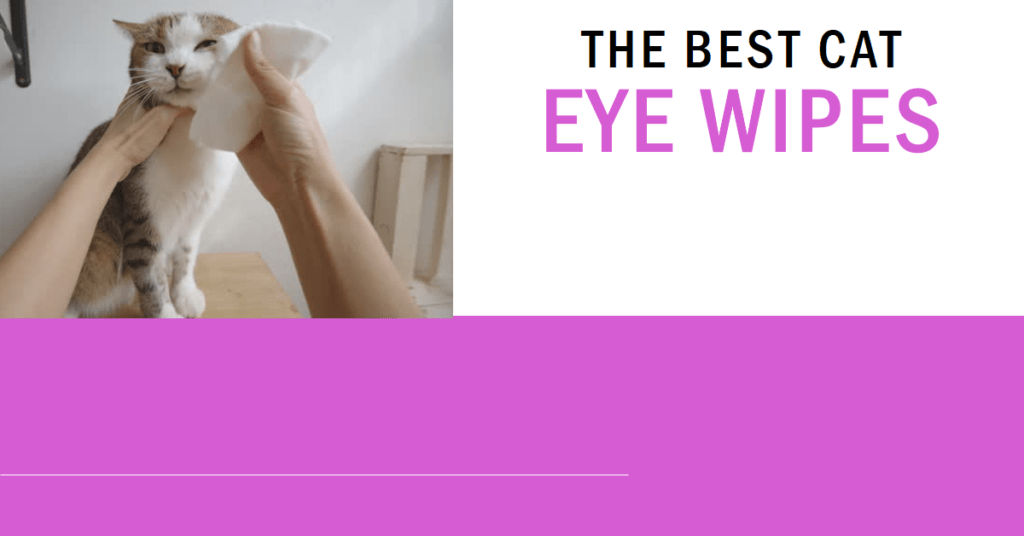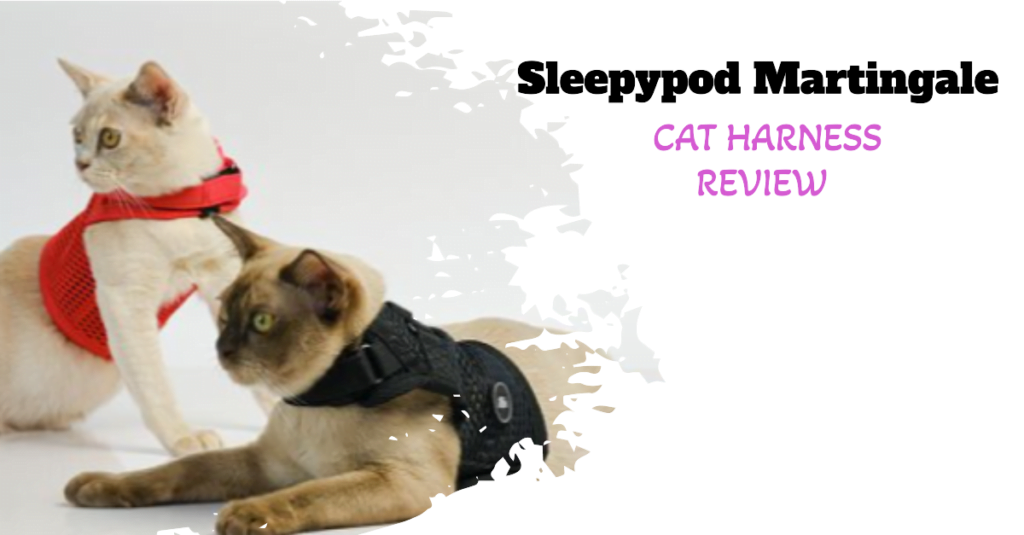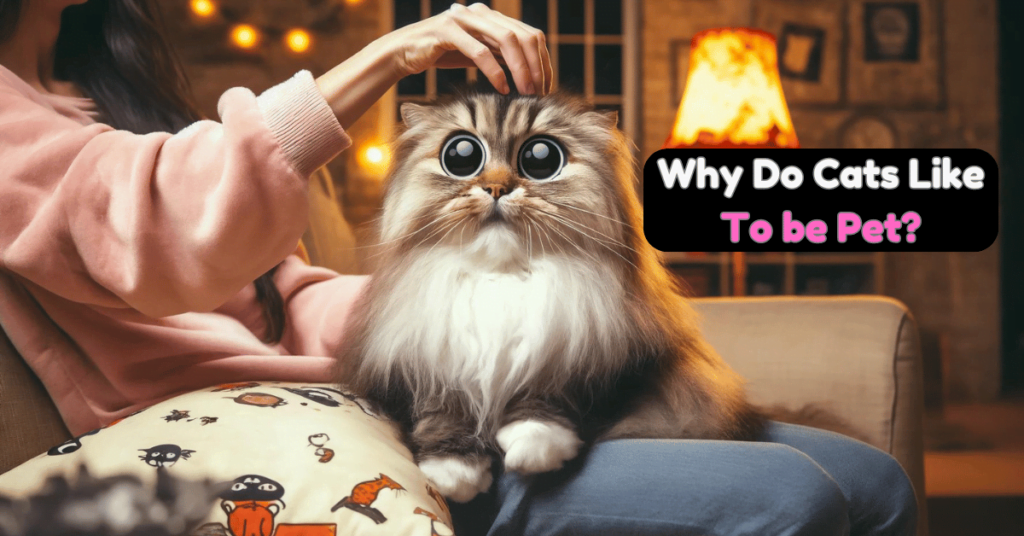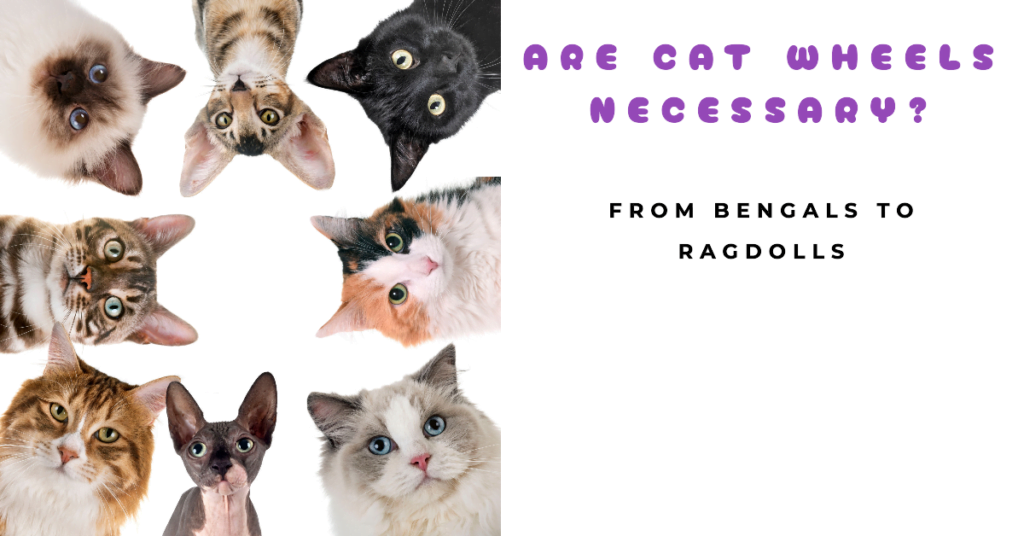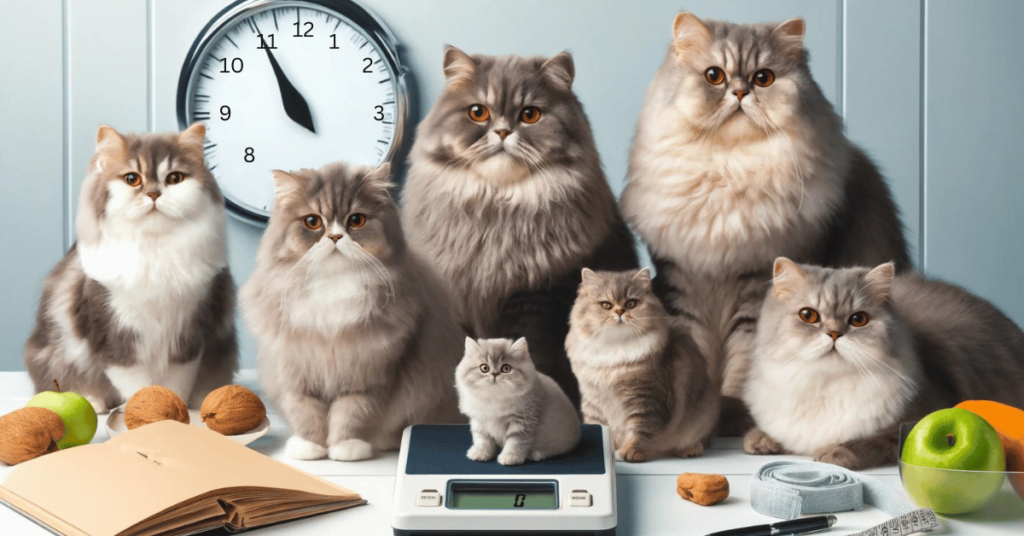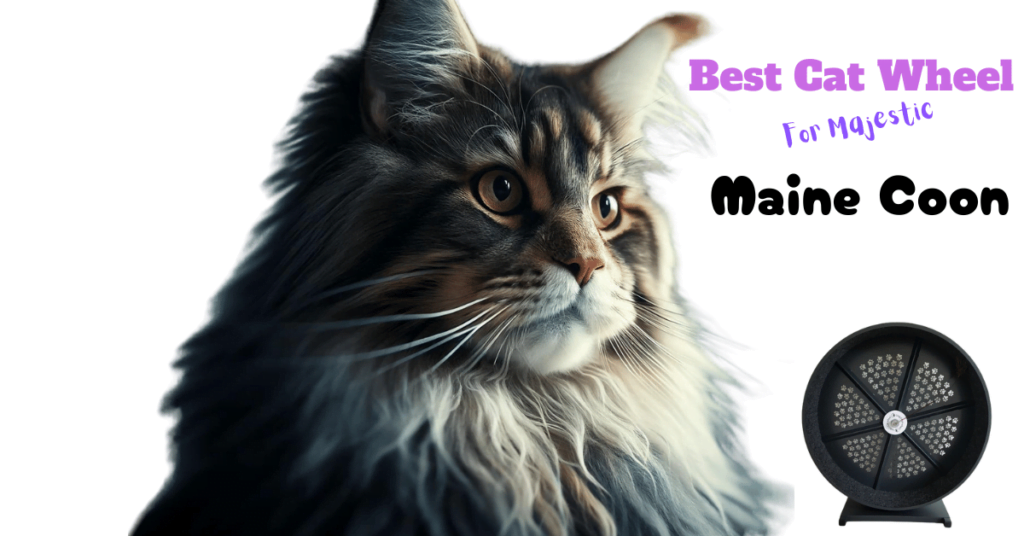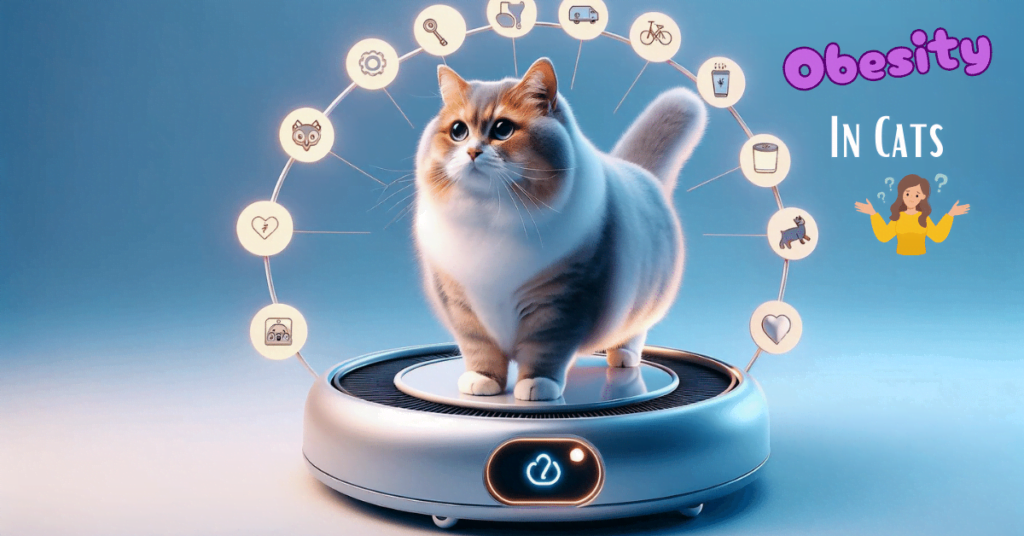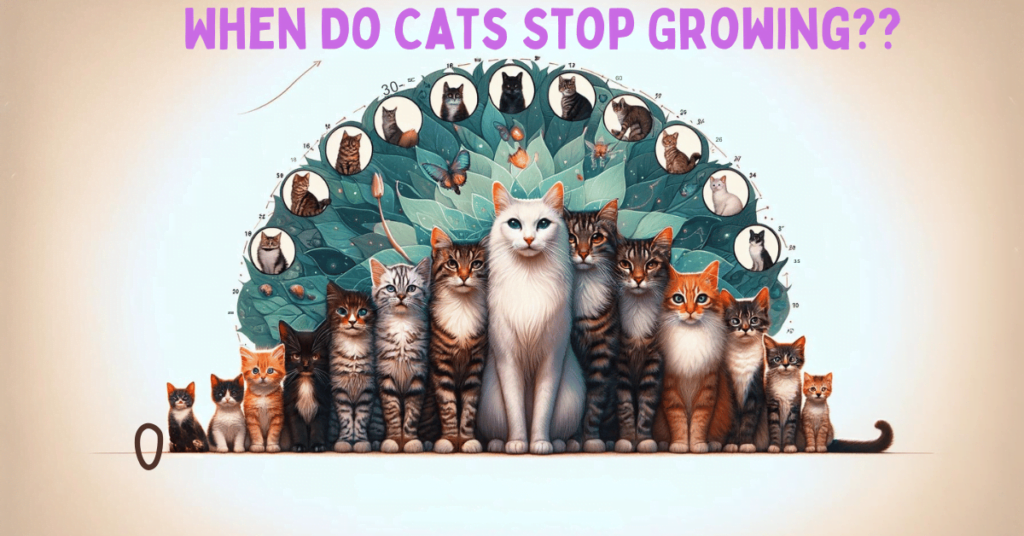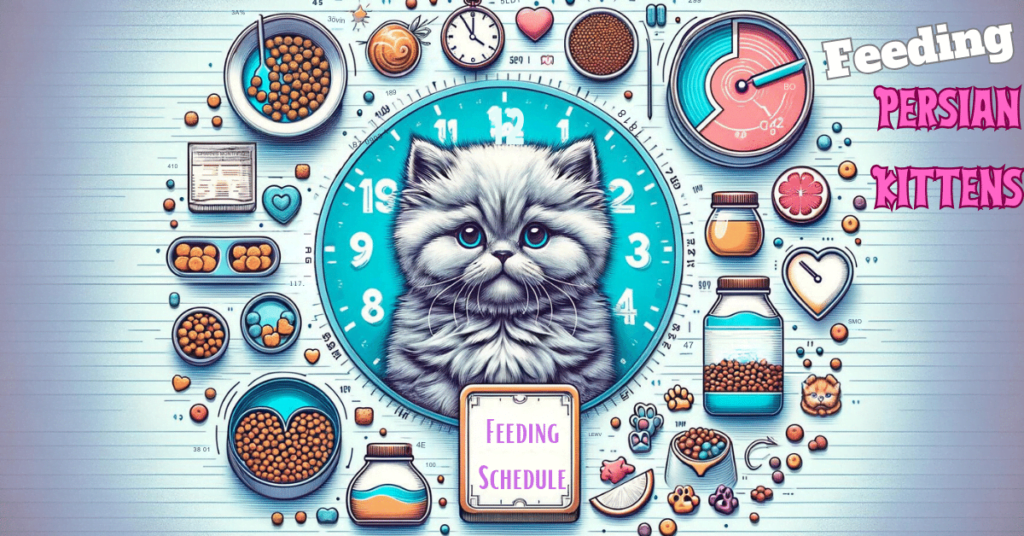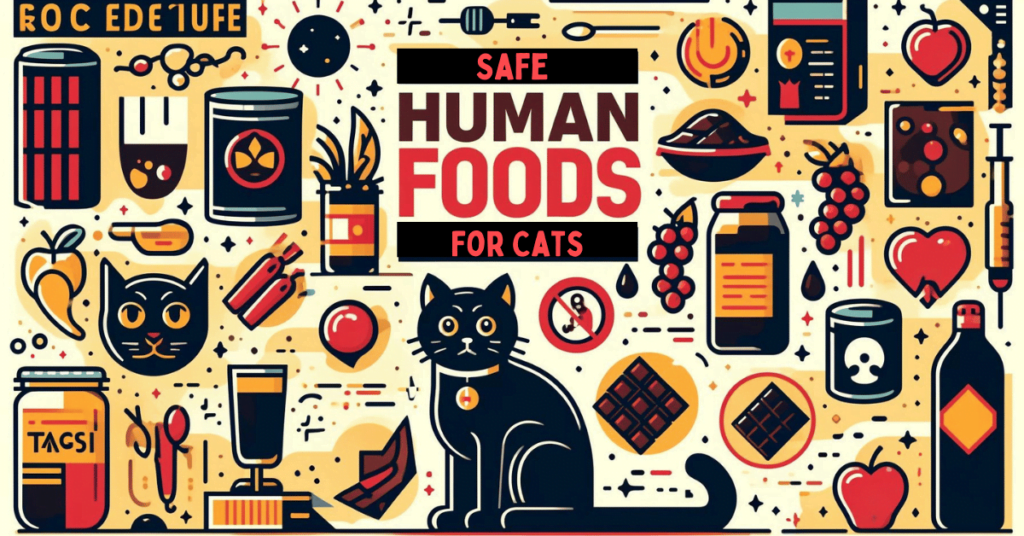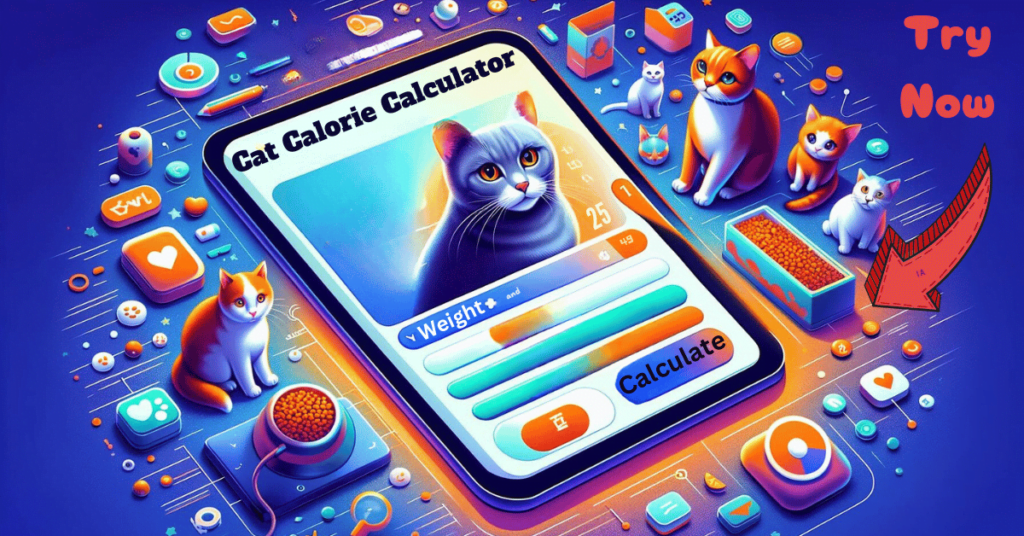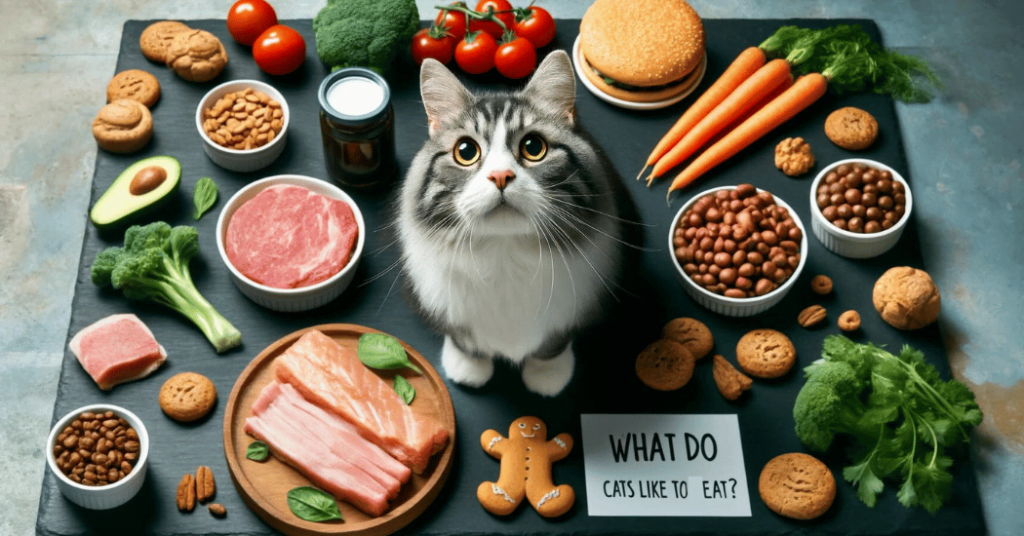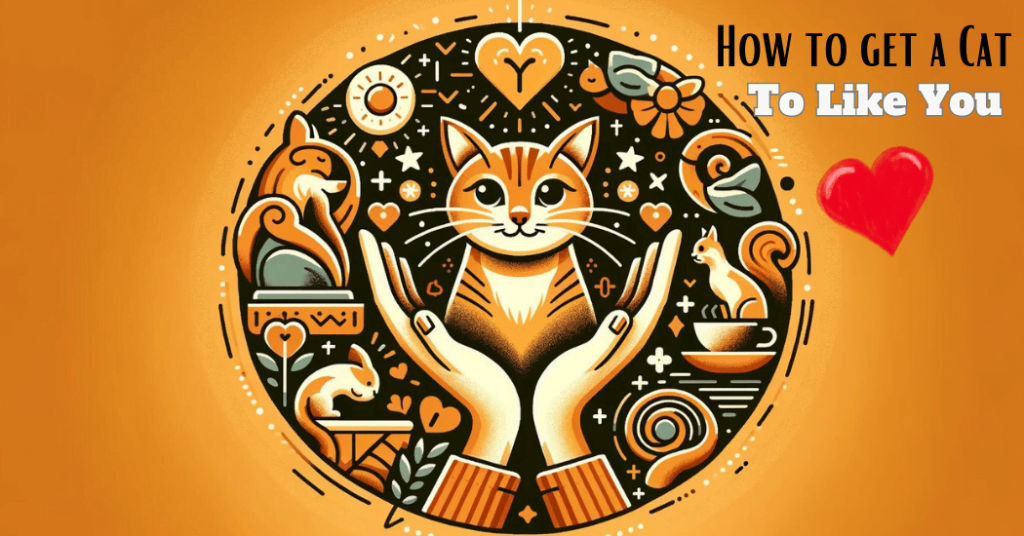
Tech Tails Cove: The Cat Gadgets Blog
Keep your Cat Happy & Healthy!
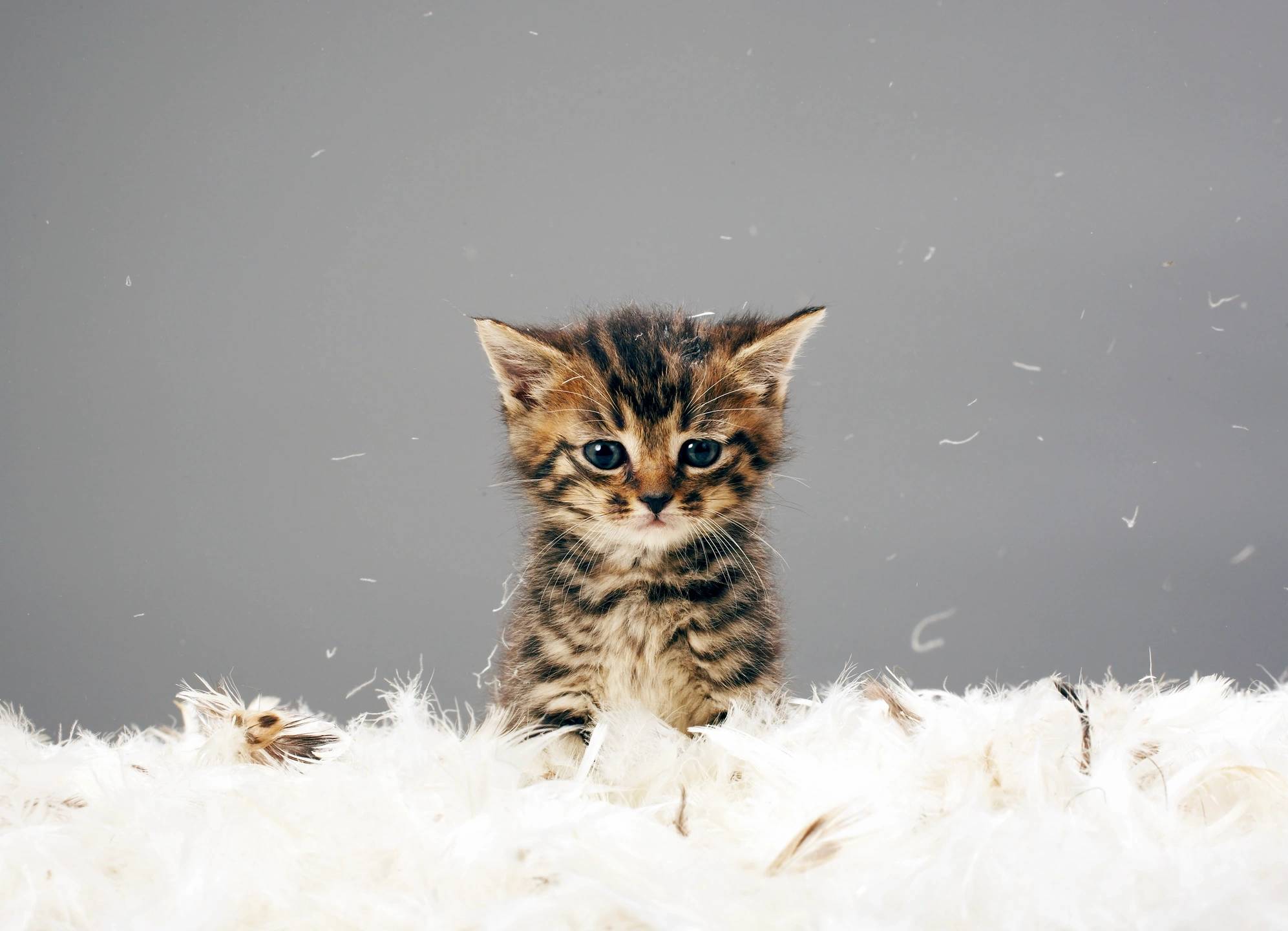
About Us
We are a trusted source for all things pet-related
With years of experience in the industry, we provide top-quality products and services
Quality Products
Discover a wide range of high-quality pet gadgets to keep your furry friends happy and healthy. From food and treats to toys and accessories, we have everything you need
Expert Advice
Knowledgeable Staff
Our team of experts is ready to assist you with all your pet-related queries and concerns
Training Resources
Access a variety of training resources, tips, and tricks to help you train your pets effectively
Healthcare Information
Stay informed about the best practices in pet healthcare and learn how to keep your pets in optimal health

